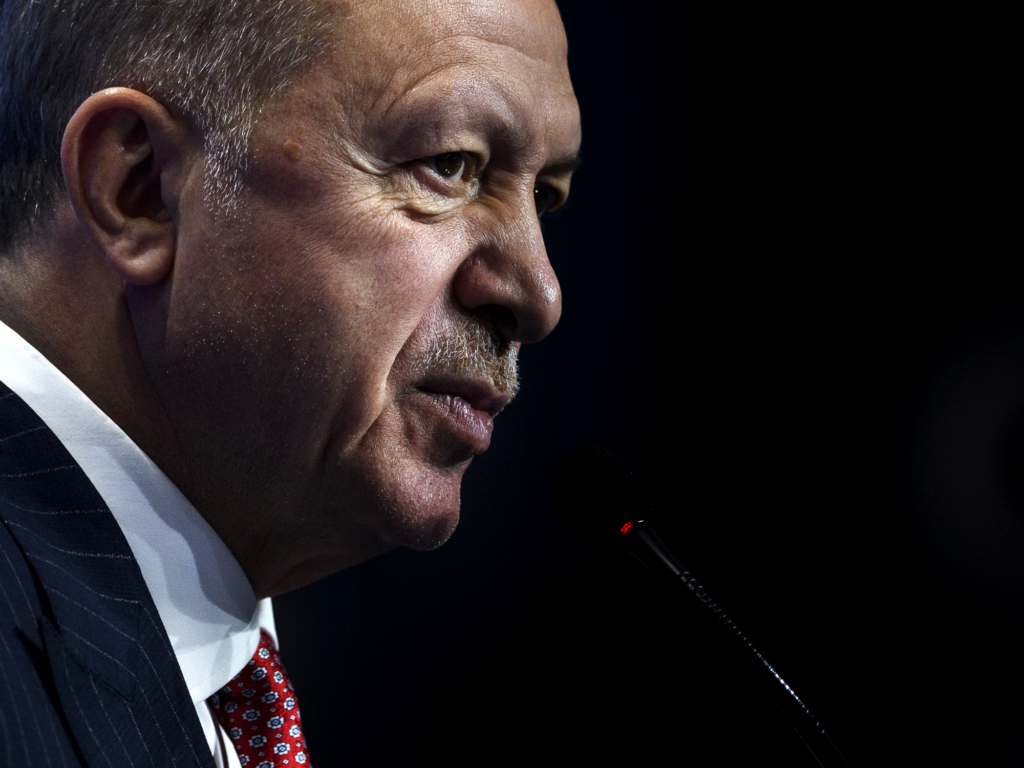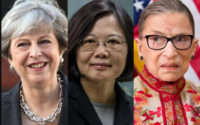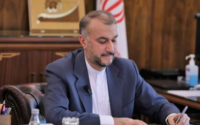After 20 years of AKP dominance, a battle looms 2023
On 14 May, Turks will vote in presidential and legislative elections that may be the most important and contested in two decades. Can the Republican People’s Party (CHP)-led Nation Alliance beat the ruling Justice and Development Party (AKP)-led People’s Alliance?
Four presidential contenders will compete in two rounds. They’ll also elect parliament. Recent surveys show CHP leader Kemal Kilicdaroglu many points ahead Turkish President Recep Tayyip Erdogan, but many voters remain uncertain.
However, the AKP has never been this close to losing an election in its 21-year rule.
Turkey’s 2018 super-presidential system increases incumbents’ chances of losing power. The swap changed Turkish politics twice.
The first was institutional, making party politics and the election system majoritarian and encouraging coalition-building. Turkish electoral legislation was amended to allow political parties to join alliances and run for office. Coalitions helped minor parties overcome Turkey’s high election threshold.
These measures strengthened Erdogan’s power and the executive branch, but they had major unexpected repercussions. Majoritarian politics and electoral reforms united political opponents. The new system enabled smaller parties to influence results, which helped varied social cleavages arise and endure.
The opposition alliance might potentially include these parties, bolstering its claim to represent all Turkish society.

Reverse populism
Institutional forces affected the 2018 general elections and 2019 local elections. In both elections, the opposition united ideologically diverse political organizations behind authoritarianism-versus-democracy. The opposition was able to mostly overcome the conservative-secular rift that has plagued Turkey for two decades under AKP rule.
The Nation Alliance adopted inverted populism in the 2019 municipal elections. During the 2023 election campaign, this new strategy avoided direct confrontation with Erdogan and the popular values he represents, redefined “the people” to include all segments of Turkish society, and promised financial redistribution to disadvantaged groups. Foreign policy, where incumbents have a strategic edge, has been ignored.
This tactic helped the Nation Alliance win big in Turkey’s metropolises and challenge the incumbent party bloc in the 2019 municipal elections. Ekrem Imamoglu’s election as mayor of Istanbul broke the AKP’s dominance in Turkey’s economic and cultural capital.
These local successes increased the public’s and opposition’s confidence in their ability to rule. Most importantly, they helped the opposition overcome the AKP’s perceived invincibility.
Turkey’s 2018 switch to a super-presidential system de-institutionalized and de-democratized politics. Turkey’s institutions collapsed under the new system’s executive superpowers and absence of checks and balances. The system de-democratized Turkey and hindered economic growth.
The AKP’s good economic performance has helped it win elections and deploy legal and informal redistributive measures. The AKP’s cross-class electoral alliance depended on this. Economic and democratic unhappiness has made AKP supporters more likely to defect, albeit slowly, because to declining economic development and rising prices.

Support shifting
The AKP is Turkey’s largest party, but its electoral base is fragmenting, making it harder to win the president with 50% plus 1. In the 2018 general election, the AKP received 43% of the vote and its coalition partner, the MHP, 11%. Polls show the MHP at 7% and the AKP at 35%.
The Nation Alliance, which requires the pro-Kurdish Peoples’ Democratic Party (HDP) to win a legislative majority, may not benefit from voter anti-Erdogan feeling. Kilicdaroglu now leads after the HDP-led Labour and Freedom Alliance endorsed him.
The Nation Alliance must balance its electoral support with the danger of alienating nationalist voters. The alliance’s nationalist Good Party won’t satisfy those who want tougher immigration and Kurdish policies.
Knowing this, the incumbent administration is playing the nationalist card and anti-HDP emotions to turn undecided votes away from the opposition and win over “state security” supporters. The government portrays the opposition as “traitors and terrorists” with a concealed seat for the pro-Kurdish HDP. Erdogan calls the Nation Alliance the Table of Seven.
Muharrem Ince and Sinan Ogan, the other two presidential contenders, making it even less probable for Erdogan or Kilicdaroglu to win in the first round.
Despite the terrible earthquake that killed over 55,000 people, Turkish society remains bitterly divided. A recent poll found that less than 40% of respondents were satisfied with how the government handled the earthquake, with more than 90% of AKP voters giving a positive rating and more than 95% of CHP voters giving a negative rating.
These stats explain why Turkey’s upcoming election is a battlefield. Many participants will never change their beliefs. But disgruntled voters will decide the result.



